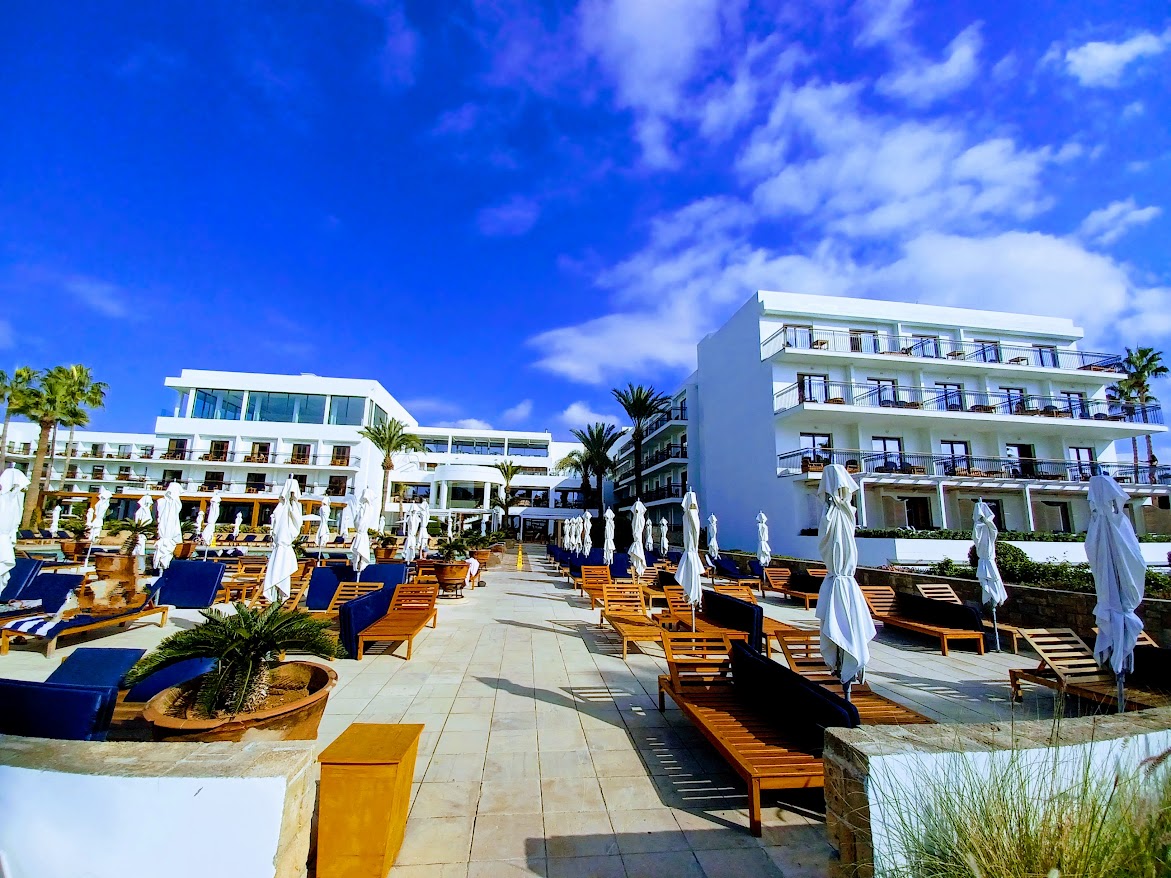Paphos hoteliers battle fires, heat and fading bookings
Hotel bookings in Paphos have slowed sharply as recent wildfires have unsettled travellers, according to Evripides Loizides, president of the Paphos hoteliers association.
Speaking to the Cyprus News Agency (CNA), Loizides said that bookings were “frozen around mid-July due to conflicts in the (East Mediterranean) region“, as well as a string of wildfires.
Visitors are “very afraid of fires“, he stressed, not only in Cyprus and Greece, but also Turkey and Spain.
“Whenever a large-scale fire breaks out we see bookings freeze,” he said.
Nevertheless, he described the flow of bookings as satisfactory, especially during the first ten days of August.
In this context, he pointed out that there was strong demand from Cypriot visitors who, as he emphasised, “helped greatly”.
“Cypriot visitors saved the day,” he said.
However, he described August in general as somewhat challenging due to the prevailing heat and the fires, which created problems in reservations.
Moreover, he stated that there were hotels in Paphos which were not at full capacity during this period.
Regarding the coming months of September and October, Loizides said that bookings made during August for the first two months of autumn were somewhat “reserved”.
He mentioned that “as September approached, it became clear that it would be a satisfactory month, with October lagging slightly behind”.
“People are now waiting to make last-minute bookings, expecting better prices and offers,” he said.
On the winter season, the president of the Paphos hoteliers association said that November looked quite “muted”, expressing strong concern on behalf of the association.
He said that the picture for November would become clearer around mid-September.
In addition, he said that, according to his own estimation, “April would not perform at satisfactory levels because Easter is very early this year“.
Loizides further stated that “it should not be forgotten that the world is in a global economic recession, which is why people are particularly cautious”.
He stressed that the duration of stays has experienced a “dramatic decline“, explaining that it is not only the number of tourists but also the length of their holidays that plays a significant role in hotel occupancy.
Meanwhile, he reported that Paphos hoteliers, in addition to Cypriots, welcomed a large number of British visitors, as the UK market continues to lead, as well as guests from Israel and Poland, he said.
He added that Israelis generally take very short holidays, while Poles stay longer, balancing out the revenue from the two countries.
“There was also an influx of visitors from Greece, although it was not clear”, he continued, “whether they were workers or students.”
He went on to comment on short-term rentals, such as those found on online booking platforms, stating that in Paphos “33 per cent of beds are used by Airbnb“.
Additionally, he explained that on a nationwide basis, approximately 8 per cent of visitors arriving at Larnaca airport “end up in the occupied areas“.
“Since we got through the worst in our region in terms of the war, we must be grateful,” Loizides concluded.






Click here to change your cookie preferences